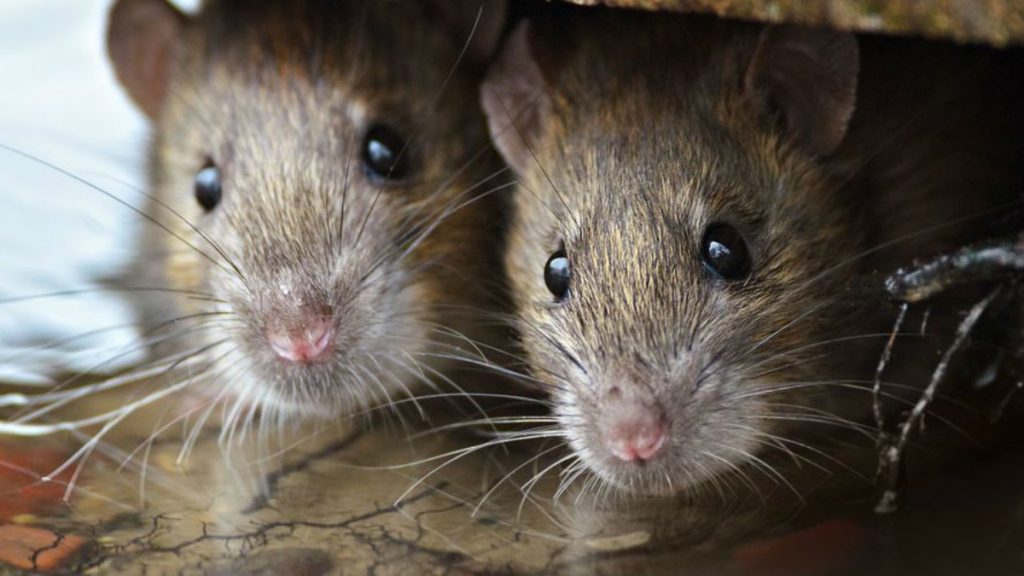Rat bites and scratches can result in disease and rat-bite fever. Leptospirosis, which can damage the kidneys and liver, is spread by rat urine. Handling or inhaling rat feces can also result in contracting it. Renal and hepatic failure, along with cardiovascular issues, are among the complications. Only a professional pest control can help you. You need rodent or pest control in Ripon for your homes.
Rat urine and saliva can spread the viral infectious disease lymphocytic choriomeningitis (LCMV). While some people with lymphocytic choriomeningitis merely have transient discomfort, others suffer long-term consequences.
The bubonic plague, also known as the “Black Plague,” and its variations are among the most historically devastating rat-borne illnesses. When humans are bitten by fleas from rats, transmission takes place. Millions of people died from this plague during the Middle Ages, which is thought to have been caused by fleas carried by rats. Rat infestations can harm human health by spreading diseases, including typhus, hantavirus, and the bubonic plague.
Additionally, rats may contain allergies. People who come into contact with their droppings, dander, or shed hair may sneeze or have other allergic symptoms. There are two types of diseases spread by rats: those that are spread directly to humans by contact with rat-contaminated urine, feces, or bites, and those that are spread indirectly through pests, fleas, ticks, or mites.
Diseases Directly Transmitted by Rats:
- Hantavirus Pulmonary Syndrome: The virus that causes hantavirus pulmonary syndrome is spread by rice rats. This disease can be spread in three ways: by inhaling dust contaminated with rat urine or droppings, by coming into direct contact with urine or rat feces, and, rarely, via rat bites.
- Leptospirosis: Leptospirosis is a bacterial disease that can spread through contaminated drinking water or by swimming, wading, or kayaking into contaminated water. People who work outside or with animals may be more susceptible to contracting leptospirosis.
- Rat-bite fever: Contact with a dead rat, biting it, or scratching it can all spread this illness.
- Salmonellosis: This illness is caused by consuming food or water tainted by germs from rat excrement.
Diseases Indirectly Transmitted by Rats:
- Plague: Rats are carriers of this disease, which is spread by fleas that feed on blood. Domestic rats are the most prevalent plague reservoir.
- The Colorado Tick Fever: This virus is spread through the bite of a tick that has fed on the blood of a bushy-tailed woodrat.
- Cutaneous Leishmaniasis: A person can contract Cutaneous Leishmaniasis, a parasitic disease, by being bitten by an infected sand fly feeding on a wild woodrat.
People should use caution and call a pest control expert like Peace of Mind to deal with rodents or rodent infestations. To prevent hantavirus, all mouse droppings, nest materials, and dead rodents need to be removed from the house. Before sweeping, thoroughly apply disinfectant to any suspected locations to prevent particles from flying. When handling rodent carcasses or droppings, wear gloves and make sure your respirator has working cartridges.
Laila Azzahra is a professional writer and blogger that loves to write about technology, business, entertainment, science, and health.
